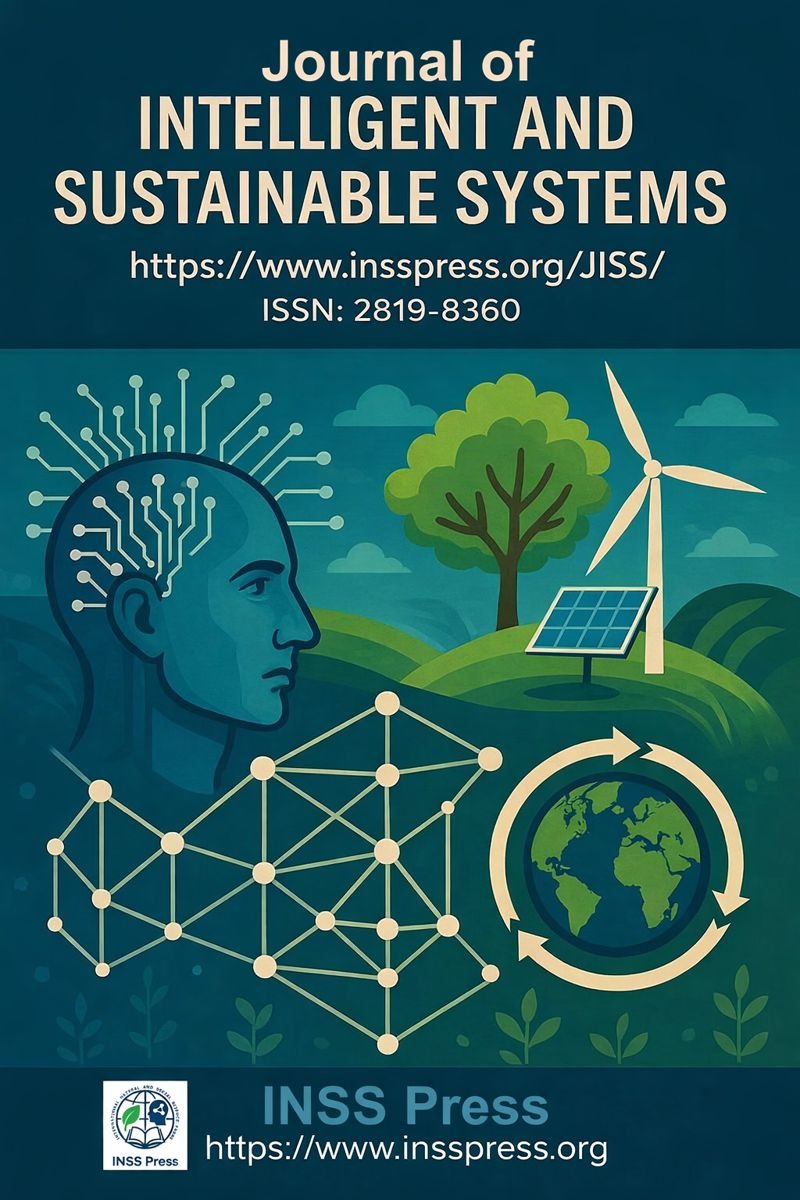Focus & Scope
Intelligent Computational System
- Artificial Intelligence & Computational Intelligence
- Optimization, Operation research & Decision Sciences
- Data Analytics, Big Data & Information Systems
Cyber-Physical & Digital Integration Systems
- Cyber-Physical Systems & Digital Twins
- Systems Engineering, Integration & Architecture
- Smart Infrastructure, Urban Systems & Mobility
Sustainable Industrial & Resource Systems
- Sustainable Operations, Supply Chains & Industrial Systems
- Energy, Environment & Climate Systems
Human-Socioeconomic Systems
- Human – Technology Interaction & Human – Centric Systems
- Policy, Governance & Socio – Economic Systems
Renewable Resources Systems
- Biomass, Bioenergy & Biorefinery Systems
- Sustainable Agriculture, Forestry & Aquatic Resource Systems
- Renewable Materials, Bio-Based Products & Green Chemical Processes
- Valorization of Agricultural, Industrial & Food Waste Streams
Major Groups Overview
| Major Group | Included Subsystems | Conceptual Focus |
|---|---|---|
| Intelligent Computational System | AI & ML, Optimization & OR, Data Analytics | Algorithms, Intelligence, and analytical engine |
| Cyber-Physical & Digital Integration Systems | Cyber-physical systems, Systems engineering, Smart infrastructure | Digital-physical integration and automated control |
| Sustainable Industrial & Resource Systems | Sustainable supply chains, Energy & Climate Systems | Sustainability, decarbonization, resource efficiency |
| Human-Socioeconomic Systems | Human-Technology interaction, Policy & Governance | Human factors, ethics, institutions, and society |
| Renewable Resources Systems | Biomass, Bioenergy, Agriculture & Forestry, renewable materials, Waste valorization | Sustainable renewable–resource utilization, bio-based production, and green transformation |
